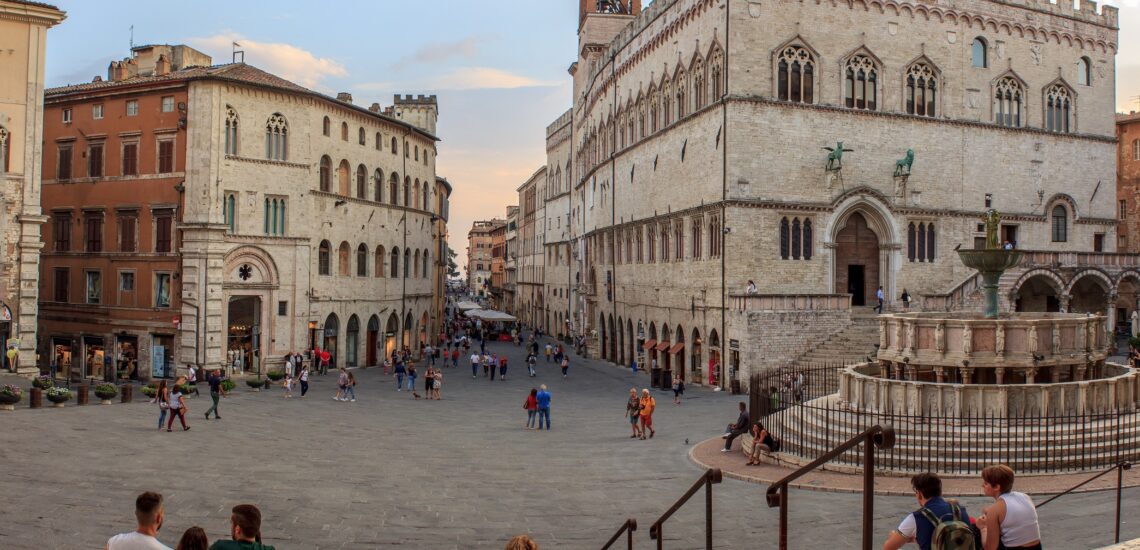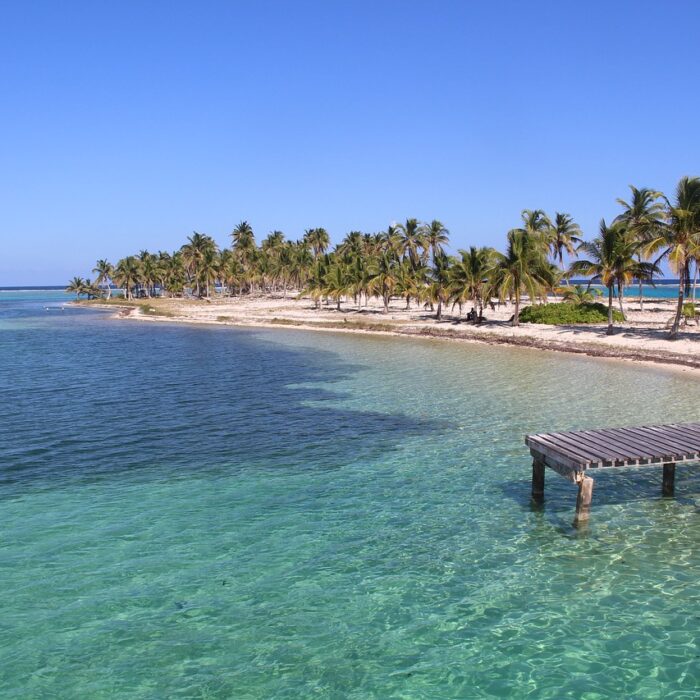Quick facts about Italy:
- Population: Italy is home to over 60 million people.
- Official Languages: Italian is the official language of Italy.
- Capital: Rome stands as the capital city of Italy, steeped in history and cultural significance.
- Government: Italy operates as a republic with a diverse multi-party political system.
- Currency: The official currency of Italy is the Euro (EUR).
Fact 1: Italy has a rich history
Italy boasts a profound historical heritage, with roots reaching back to the Roman Empire, the Renaissance, and more. However, as a unified nation, Italy is relatively recent. The process of Italian unification, known as the Risorgimento, culminated in 1861, bringing together various regions and city-states into the Kingdom of Italy. Despite its recent political unification, Italy’s historical contributions have left an indelible mark on the cultural tapestry of the world.
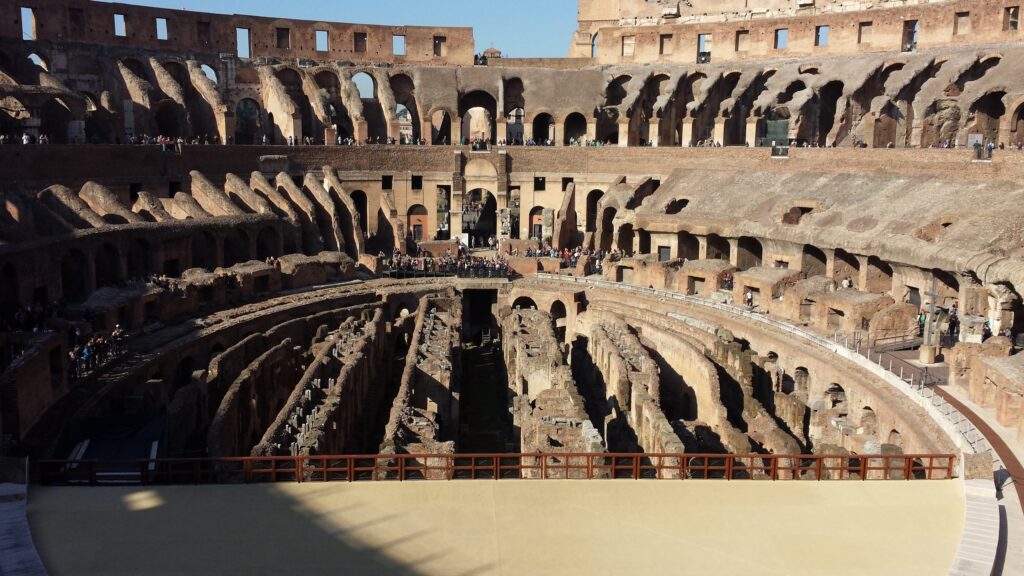
Fact 2: Italy has 58 UNESCO World Heritage sites
Italy stands proudly with 58 UNESCO World Heritage sites, showcasing its unparalleled cultural and historical legacy. From the iconic Colosseum in Rome to the historic city of Venice, Italy’s UNESCO-listed treasures attract millions of visitors annually, underscoring the nation’s global significance in art, architecture, and cultural heritage.
Fact 3: Italy has many regions with their own regional languages
Italy’s linguistic mosaic extends beyond Italian, encompassing a range of regional languages. From Albanian in Calabria to Catalan in Sardinia, and from French in Aosta Valley to German in South Tyrol, these languages preserve unique cultural identities. Greek in Southern Italy and Slovene in Friuli Venezia Giulia further contribute to Italy’s linguistic diversity, making it a tapestry of languages and histories.
Fact 4: Pizza, pasta, cheeses, wine and other food – things that are firmly associated with Italy
Italy’s culinary treasures have deep historical roots. Pizza, a Neapolitan creation, gained popularity in the 18th century, while pasta has ancient origins dating back to Roman times. Italy boasts over 500 types of cheeses, each with its unique flavor, and its winemaking tradition spans over 2,000 years.
From Parmesan in the 13th century to the Chianti wine region officially recognized in 1716, Italian food and drink have evolved into a globally cherished cuisine, embodying a rich cultural heritage.

Fact 5: The oldest University is located in Bologna
Italy is home to the venerable University of Bologna, established in 1088. With a history spanning over a millennium, it stands as the oldest university globally. The University of Bologna has played a pivotal role in shaping academic traditions and remains a symbol of Italy’s enduring commitment to education and knowledge.
Fact 6: The Fascism that was in Italy is confused with the Nazism that was in Germany
While both Fascism in Italy and Nazism in Germany emerged during the interwar period, they represent distinct political ideologies. Benito Mussolini’s Fascism, established in the early 20th century, emphasized authoritarian rule and extreme nationalism. Adolf Hitler’s Nazism, on the other hand, incorporated anti-Semitic ideologies and Aryan supremacy. Although they shared some characteristics, such as authoritarianism, the two ideologies had different roots, goals, and policies.

Fact 7: Italy is the only country in Europe that has active volcanoes
Italy’s unique geographical features include active volcanoes, making it the sole country in mainland Europe with such geological activity. Mount Vesuvius near Naples and Mount Etna in Sicily are prominent examples.
Vesuvius infamous for its eruption in 79 AD, buried the city of Pompeii under ash and pumice. The archaeological excavations at Pompeii provide a remarkable glimpse into daily life during the Roman Empire, showcasing preserved structures, artifacts, and even casts of the city’s inhabitants.
Fact 8: About 3,000 euros worth of coins are thrown into the Trevi Fountain
The Trevi Fountain in Rome is not only a breathtaking work of art but also a site of a unique tradition. Visitors toss around 3,000 euros worth of coins into the fountain daily, a practice believed to bring good luck and ensure a return to the eternal city. The collected coins are regularly donated to charitable causes, making this iconic fountain a symbol of both cultural superstition and philanthropy.
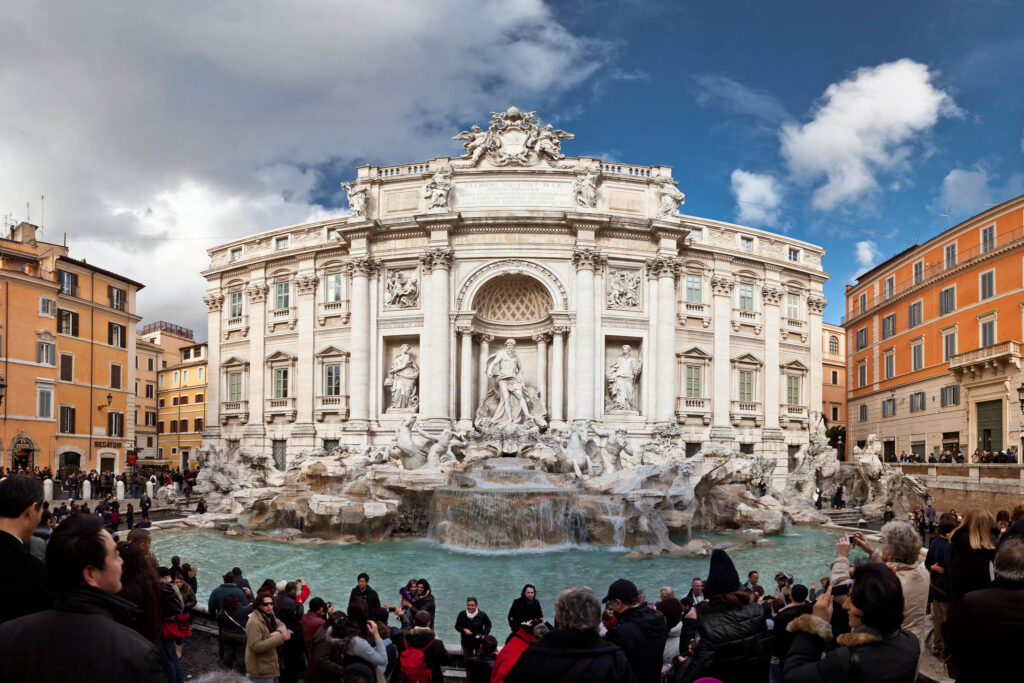
Fact 9: The Vatican is a well-known city-state within Italy, but such an enclave is not the only one
The Vatican City, established as an independent city-state in 1929, covers only 44 hectares and serves as the spiritual and administrative center of the Catholic Church. San Marino, one of the world’s oldest republics, traces its origins to A.D. 301 and officially became an independent state in 1631. Spanning approximately 61 square kilometers, San Marino boasts a rich history of sovereignty within the Italian peninsula. These enclaves, each with its unique story, contribute to the intriguing tapestry of Italy’s geopolitical landscape.
Fact 10: The Mafia still exists in Italy
Despite efforts to combat organized crime, the Mafia persists in Italy. Various criminal organizations, such as the Sicilian Mafia (Cosa Nostra), the ‘Ndrangheta in Calabria, and the Camorra in Naples, remain active. Italian authorities work diligently to counter these criminal networks, and ongoing efforts are made to dismantle their operations. The fight against organized crime is an ongoing challenge for Italy’s law enforcement.
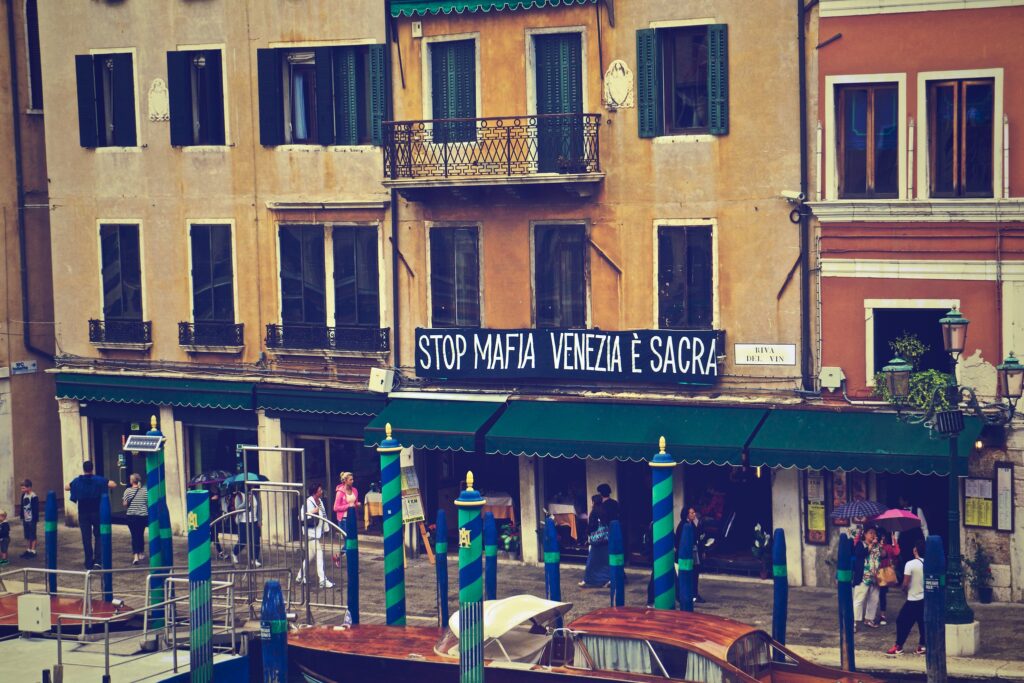
Fact 11: Italy has a traditionally strong bond between men and their mothers
Italian culture places a significant emphasis on family, and the relationship between men and their mothers is traditionally strong and close-knit. This bond is often characterized by mutual respect, care, and strong emotional connections. Family gatherings and shared meals are integral to Italian life, reinforcing the importance of familial ties. This cultural trait plays a central role in shaping social dynamics and values in Italian society.
Fact 12: The average age of Italians is the oldest in Europe
Italy faces a demographic challenge with one of the oldest average ages in Europe, hovering around 45 years. A persistently low birth rate contributes to an aging population, particularly notable with a significant percentage over 65. Changing societal dynamics, economic factors, and lifestyle choices are molding Italy’s demographic landscape. The implications for healthcare, social services, and the economy are substantial. With a median age surpassing the European average, Italy is actively engaged in policy discussions and initiatives to tackle these demographic shifts.

Fact 13: The north of Italy lives much richer than the south
Italy exhibits a notable economic divide between the northern and southern regions. The northern part of the country, including cities like Milan and Turin, tends to be more prosperous and economically developed. The south, encompassing regions like Calabria and Sicily, faces greater economic challenges, including higher unemployment rates.
Fact 14: Italy is one of the most visited countries in the World
Italy’s magnetic charm attracts over 60 million visitors each year, making it one of the most sought-after destinations on the planet. The country’s cultural wealth, historical landmarks, and scenic landscapes, from the Vatican City to the Amalfi Coast, contribute to its widespread popularity. Whether exploring ancient ruins or indulging in exquisite cuisine, tourists flock to Italy for an immersive experience in its rich history and natural splendors.
Note: If you plan to visit Italy, check the need for you to have an International Driver’s License in Italy to drive.
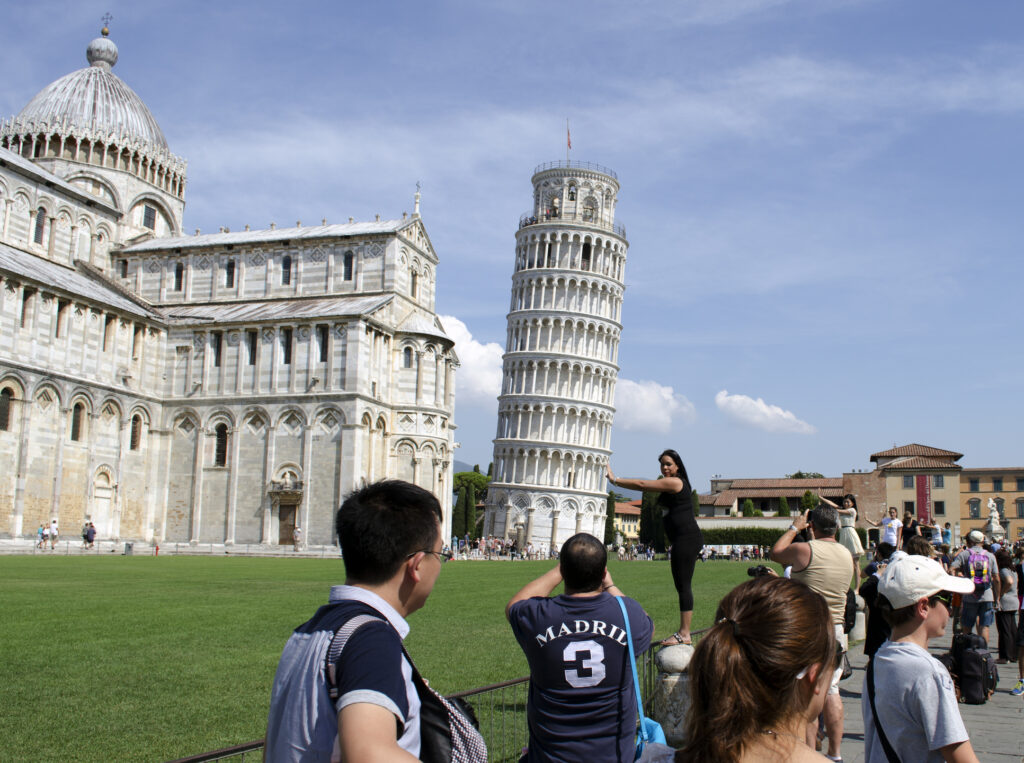
Fact 15: In Italy there are more than 1500 lakes
Italy’s picturesque landscape is adorned with over 1,500 lakes, offering tranquil settings for recreation and tourism. From the famous Lake Como in the north to lesser-known gems like Lake Trasimeno in central Italy, these lakes attract visitors seeking natural beauty, water activities, and charming lakeside towns. Italy’s diverse collection of lakes contributes to the country’s appeal as a multifaceted destination, combining cultural richness with stunning natural environments.

Published January 10, 2024 • 11m to read

